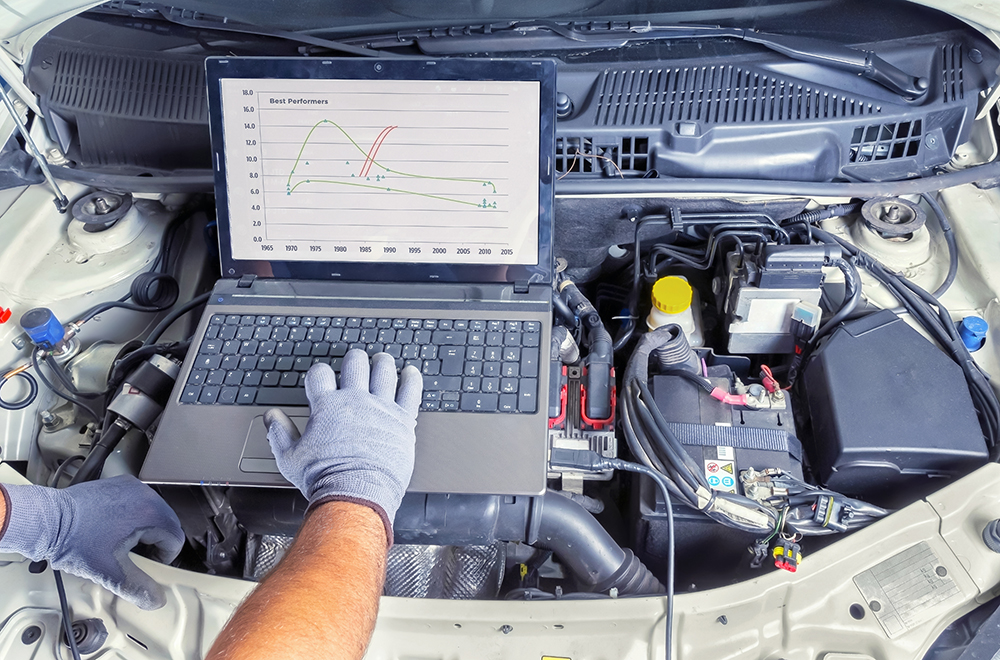New technology is often a source of excitement and that is certainly holding true for battery electric vehicles.
Just last week, my IdeaXchange blog covered the future of electric trucks and the pros and cons that will impact how great the volume of these new vehicles will be. This week, FleetOwner is covering the same issue with an article that discusses how the pace of progress is picking up for electric trucks.
At a recent NationaLease meeting, Giordono Sordoni, co-founder and COO of Thor Trucks, using data from McKinsey & Co. and the Department of Transportation, estimated that electric vehicles would number 100,000 by 2022, 500,000 by 2026, and 1 million by 2030. Of those numbers, FleetOwner cites Roger Nielson, president and CEO of Daimler Trucks North America who predicted that DTNA would have the highest number of electric vehicles in the commercial vehicle market by 2020. Once a technology is “mainstreamed” with a company like DTNA, acceptance for the right usage is just a matter of time.
The pros for electric trucks are easily understandable:
- Battery technology has improved significantly and as DTNA’s Nielson noted, the progress is happening at a “greater speed than expected.
- Many countries have announced bans on combustion-engine vehicles by 2025
- Anything that can combat the volatile ups and downs of fuel costs is always welcome
- GHG emissions will be reduced
- As more customers (both B2B and B2C) use e-commerce and expect next-day or same-day package delivery, electric trucks which are best suited for short- and medium-range travel, will be smart assets for a fleet
The major barriers to electric trucks are the same as they were (and in some cases, are) for electric cars: a lack of infrastructure and a dearth of powering stations. Building an infrastructure is never a short-term undertaking; however, I recall a time when it was extremely difficult to find a charging station for an electric car. Now I see them in a wide variety of places. As with most advances, the more they reach acceptance by a large swath of people, the more industry will respond with the necessary improvements. As I noted in my IdeaXchange blog, commercial and industrial customers are looking at local electricity storage and generation.
Electric trucks may not dominate the industry for the near future but they are coming and familiarizing your fleet, your drivers and your shop with these new vehicles is in your company’s best interest.





